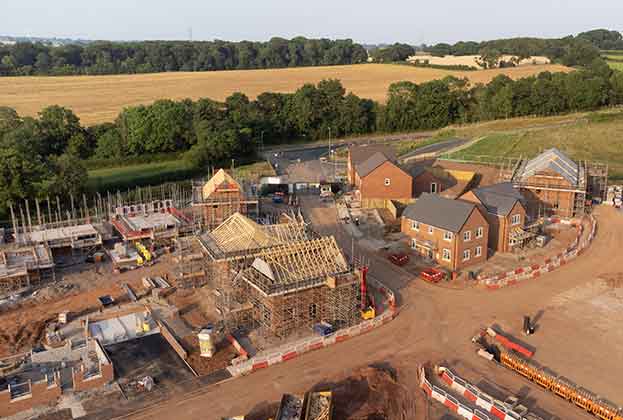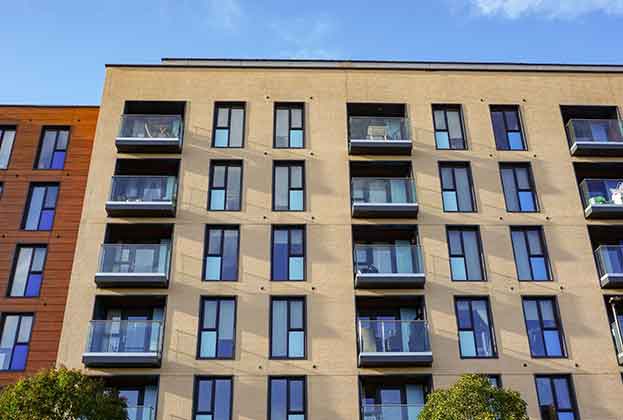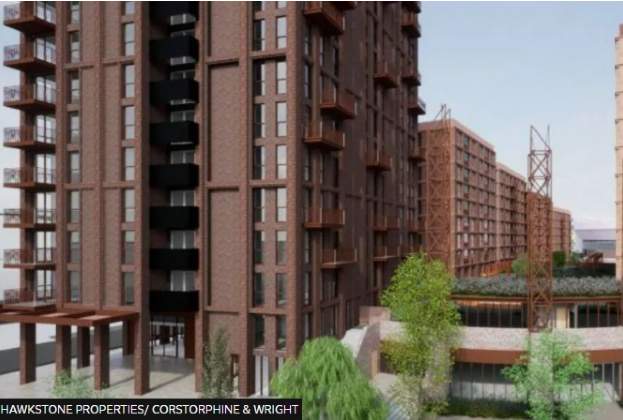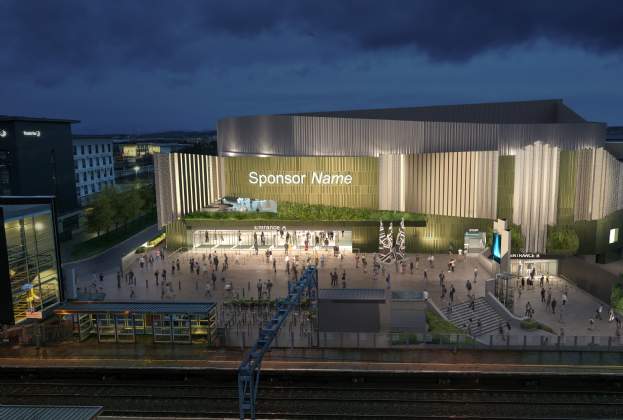To help with creating his vision of London as a 24-hour city, Mayor Sadiq Khan recently announced the appointment of the capital’s first Night Tsar. Tasked with reversing the decline in the city’s night-time venues and unlocking opportunities for growth which come with the introduction of the night tube, the new tsar faces some complex challenges. However, the potential benefits could be huge.
The night-time economy plays an important role in London’s appeal as a place to live, work and visit. It also contributes significantly to the economy, generating £26.3 billion per annum and supporting 1 in 8 of the capital’s jobs.
The drivers for the night-time economy are changing as people’s lives change. Young people are drinking less and socialising more and greater social connectedness means people are demanding more diverse and unique experiences. A focus on healthy living has changed our purchasing choices and flexible working hours have created demand for the same amenities and services during the night as people can access during the day.
The introduction of the night tube is an essential part of Sadiq Khan’s night-time vision for London. Its impact is already being felt, with more than 100,000 people using the service each weekend since its opening. Prior to being launched, it was estimated the night tube would add £77million to the city’s night time economy by 2029. However, after just a few months this projection looking conservative.
Not only has the night service increased connectivity to established night life areas such as Soho, Angel and Shoreditch at weekends, it has also created opportunities for locations in Zone 3 and 4 to establish a diverse evening offer, with existing venues becoming more viable due to a greater market area, and opportunities for redevelopment to allow later night trading.
One example is Wood Green Mall, in N22, which has been highlighted in local frameworks for comprehensive mixed use development. The Mall, served by two stations on the Piccadilly line, currently closes at 7pm each night. The night tube creates opportunities for late night shopping, bars, restaurants, evening markets, or event and entertainment activity associated with the Mall.
.jpg)
.jpg)



.jpg)
.jpg)
.jpg)
.jpg)
.jpg)

